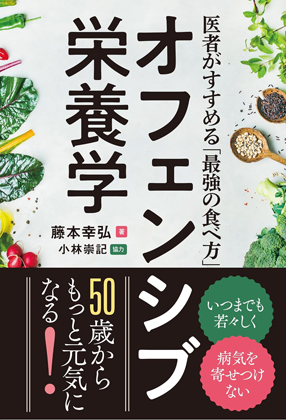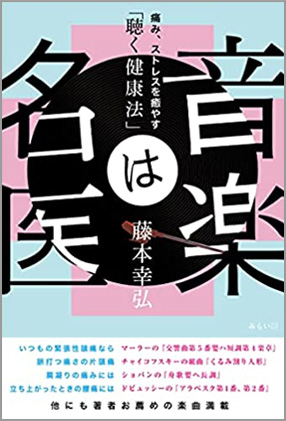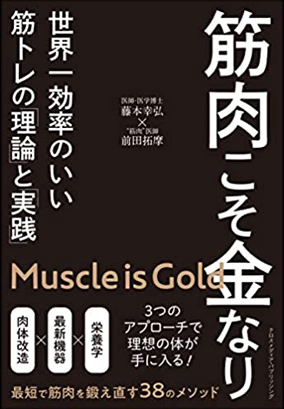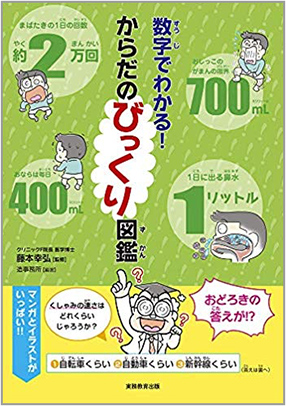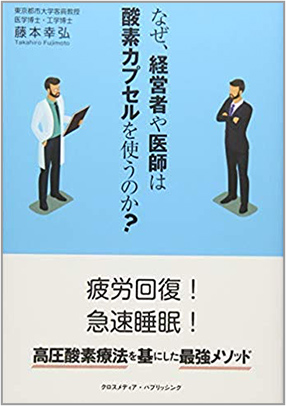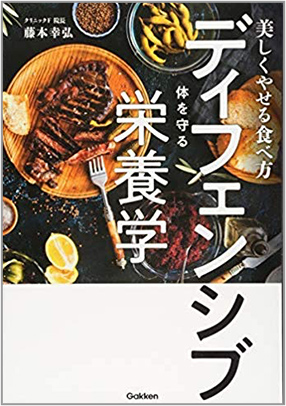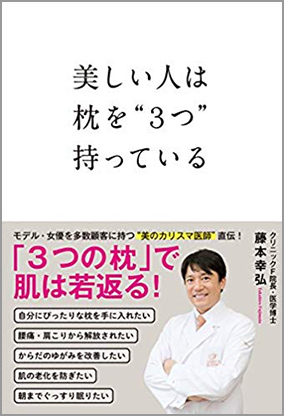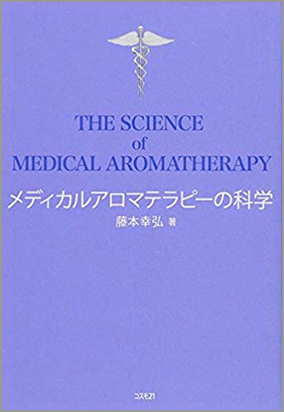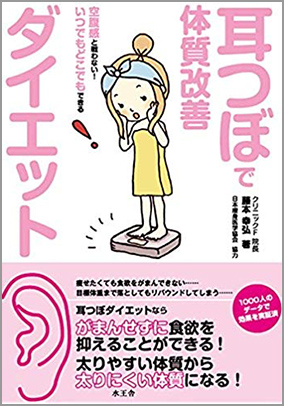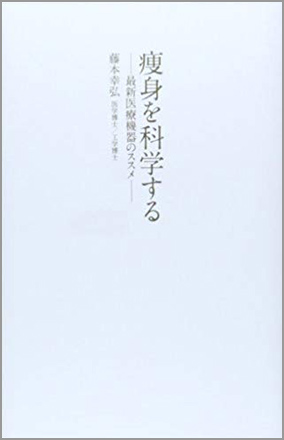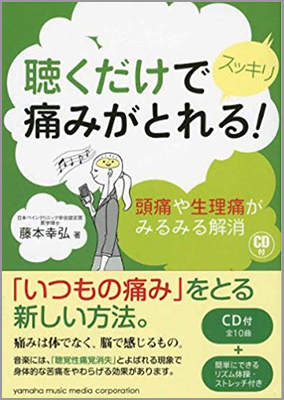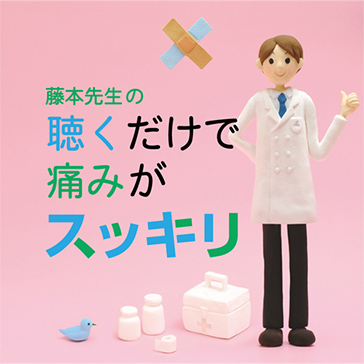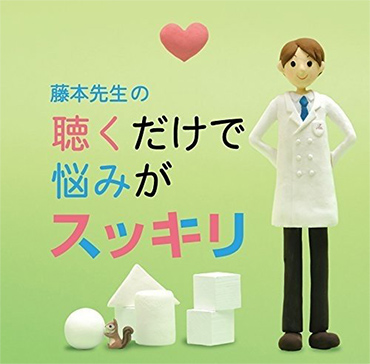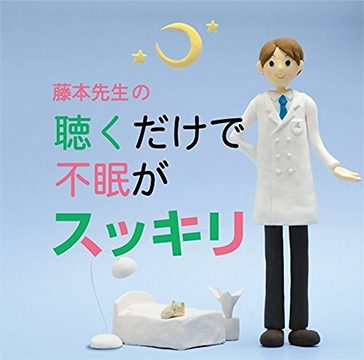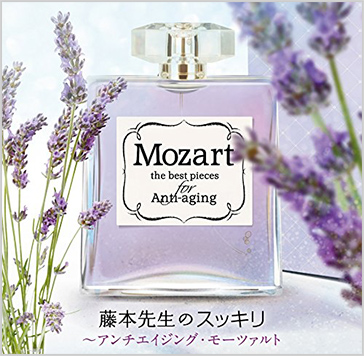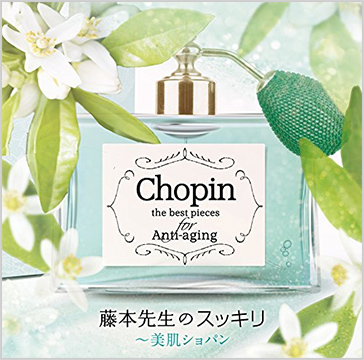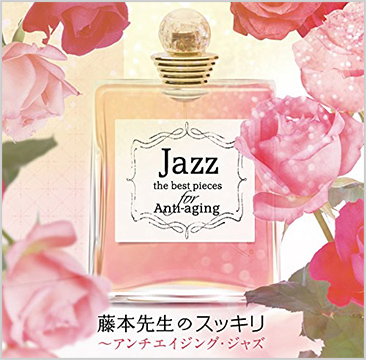村上春樹さんがイスラエルの文学賞「エルサレム賞」を受賞し、当地で先月行ったスピーチが話題になりました。
英語で行ったスピーチに僕は本当に感動し、それを日本語で自分なりに訳してみたいと思いました。
僕が彼の作品と初めて出逢ったのは、高校生のときです。
三島由紀夫や谷崎潤一郎のような、耽美派で行間に沢山の意味が含まれている文章をそれまでは好んで読んでいたのですが、村上春樹のガラスのように透き通る文章に初めて触れた時、思春期の心を揺さぶられてしまったのです。
「風の歌を聴け」
「1973年のピンボール」
「羊をめぐる冒険」
「ダンスダンスダンス」
初期の四作品は何度も読み返しました。これらの4冊は微妙にストーリーが繋がっています。
「風の歌を聴け」の「一人称」の世界から、“鼡”というあだ名の友との二人称の物語になり、“羊”で三人称。
そして、「ダンスダンスダンス」では初めて、たしか五反田君という「人の名前」が出てくる小説になります。
小説の幅が広がってくるんですよね。
そしてもう一つ。当時、とても衝撃を受けた
「世界の終りとハードボイルドワンダーランド」
この本のことは、2006年7月のブログにも書きましたが、「世界の終り」と「ハードボイルドワンダーランド」という、2つの、何の関連もなさそうな物語が章ごとに入れ替わります。
徐々に全く関係のないと思われた、この二つの物語が自然と見事に交差してくるのです。
村上春樹は、その小説の中で、完全に完結したワールド(舞台)を見事なまでに作り上げる。自分を卑下する私小説でもなく、他人を批難する糾弾小説でもない。後のスピーチにも出てくるのですが、まさに新たな舞台を作り上げる嘘つきの天才なのです。
村上春樹がジャズ喫茶を経営していたのは有名な話ですが、作品の要所要所に挿絵のように出てくる音楽の知識も、僕が村上作品を好きな理由のひとつです。
高校生で出逢って以降、僕は彼の作品が出るたびに、リアルタイムですべて読んできました。
印象に残っているのは、地下鉄サリン事件の被害者へのインタビューをまとめた「アンダーグラウンド」
銃殺刑を自ら求めた殺人犯の実弟のマイケル・ギルモアがトラウマのクロニクルを語った本の翻訳書である「心臓を貫かれて」。もしかしたらこの本は、村上春樹の翻訳本の最高傑作かもしれません。
世界の終わりとハードボイルドワンダーランドのように、二つの物語が交差する「海辺のカフカ」
そして、サリンジャー「キャッチャー・イン・ザ・ライ」の新訳。名作ですから当然古い訳本も読んでいますが、村上春樹は新しい言葉で、新しい物語を語ってくれました。
これまで、僕の中で
「新書が出たらすべて読もう」
と思っている作家が4人います。村上春樹は、その一人なのです。
そんな村上春樹が、『社会における個人の自由』に貢献した文学者に贈られる「エルサレム賞」を受賞したのは、僕が昨年11月にレーザーのディスカッションのためにエルサレムを訪れた、まさにその翌日から始まったガザ地区への攻撃直後。彼が授賞式に行くかどうかに注目が集まり、賞を辞退して欲しいという声もかなりあったと聞いています。僕自身も、どうするのだろう、と気になっていました。
結局彼は現地に向かうことを決めたわけですが、受賞に当たって彼が英語で述べたスピーチはあまりに素晴らしかった。本当に僕は感動しました。
インターネット上に幾つか日本語訳があったのですが、どうしても自分の言葉と表現で訳したくなってしまい、ちょっと時間がかかったのですが、久しぶりに日本語訳に挑戦してみました。最近、英語は英語のままで読む努力をしているので、日本語に訳すことはしないんですよね。
誤訳があったらごめんなさい。つたない部分もあると思いますが、村上春樹への思いと敬意を込めながら自分なりに頑張ってみたつもりです。
**********************
I have come to Jerusalem today as a novelist, which is to say as a professional spinner of lies.
今日私はエルサレムに小説家としてやってきました。つまり嘘をつく専門家としてここに来ました。
Of course, novelists are not the only ones who tell lies. Politicians do it, too, as we all know. Diplomats and military men tell their own kinds of lies on occasion, as do used car salesmen, butchers and builders. The lies of novelists differ from others, however, in that no one criticizes the novelist as immoral for telling them. Indeed, the bigger and better his lies and the more ingeniously he creates them, the more he is likely to be praised by the public and the critics. Why should that be?
もちろん、小説家だけが嘘をつくわけではありません。皆さんご存じのとおり、政治家も嘘をつきますし、外交官にだって、軍人にだって、嘘をつく状況はあることでしょう。中古車のセールスマンだって、肉屋だって、建設現場の職人だって同じです。
しかしながら、小説家の嘘が他の人の嘘と違うのは、その嘘が大きく、よりまことしやかであるほど、世間や批評家に賞賛されるということです。
なぜでしょうか。
My answer would be this: Namely, that by telling skillful lies – which is to say, by making up fictions that appear to be true – the novelist can bring a truth out to a new location and shine a new light on it. In most cases, it is virtually impossible to grasp a truth in its original form and depict it accurately. This is why we try to grab its tail by luring the truth from its hiding place, transferring it to a fictional location, and replacing it with a fictional form. In order to accomplish this, however, we first have to clarify where the truth lies within us. This is an important qualification for making up good lies.
私の答えはこうです。巧妙な嘘をつくこと、つまり真実に見えるかのようなフィクションを創り上げることによって、小説家は真実を新たな形で生み出し、そこに新たな光をあてることができるからです。
多くの場合、真実をそのままの形で理解することや、正確に描写することはほぼ不可能です。それ故、私たち小説家は、真実が隠れている場所を突き止め、その尾っぽを捕えて作り話に設定を変え、フィクションの形に置き換える。
この作業をうまくやり遂げるためには、私たちにとって「真実」とは一体どこにあるのか。これをまず明確にしておかなければなりません。 巧妙な嘘をつくために、これは極めて重要なポイントと言えます。
Today, however, I have no intention of lying. I will try to be as honest as I can. There are a few days in the year when I do not engage in telling lies, and today happens to be one of them.
ただし、今日ここで私は嘘をつくつもりはありません。 可能な限り正直でいたいと思います。一年の中で私が嘘をつかない日というのはわずか数日しかないのですが、今日は偶然にもその数日の内の一日に当たる、というわけです。
So let me tell you the truth. A fair number of people advised me not to come here to accept the Jerusalem Prize. Some even warned me they would instigate a boycott of my books if I came.
さて、では正直な話をしましょう。実はここに来るまで、かなり多くの人たちからエルサレム賞の受賞式には行くなと助言されました。それでも行くと言うのなら、あなたの小説は不買運動にあいますよ、と警告した人もいました。
The reason for this, of course, was the fierce battle that was raging in Gaza. The UN reported that more than a thousand people had lost their lives in the blockaded Gaza City, many of them unarmed citizens – children and old people.
理由はもちろん、ガザで起きている激戦です。国連の報告では、封鎖されたガザ市街で千人以上が命を落としています。その多くは非武装の市民たち、子供たちや高齢者たちです。
Any number of times after receiving notice of the award, I asked myself whether traveling to Israel at a time like this and accepting a literary prize was the proper thing to do, whether this would create the impression that I supported one side in the conflict, that I endorsed the policies of a nation that chose to unleash its overwhelming military power. This is an impression, of course, that I would not wish to give. I do not approve of any war, and I do not support any nation. Neither, of course, do I wish to see my books subjected to a boycott.
受賞の知らせを受けてから、私は何度も自問しました。
このような時期にイスラエルに行き、文学賞を受賞するというのは、果たして正しいことなのだろうか?
紛争の当事者どちらか一方に加担したり、圧倒的な軍事力を行使する国家の政策を支持しているような印象を与えることになるのではないだろうか?
もちろんそのような印象を与えることは、私の本意ではありません。私はいかなる戦争も認めませんし、どの国家も支援しません。ましてや、自分の小説の不買運動が起こることなど、望んでいるわけがありません。
Finally, however, after careful consideration, I made up my mind to come here. One reason for my decision was that all too many people advised me not to do it. Perhaps, like many other novelists, I tend to do the exact opposite of what I am told. If people are telling me – and especially if they are warning me – "don’t go there," "don’t do that," I tend to want to "go there" and "do that." It’s in my nature, you might say, as a novelist. Novelists are a special breed. They cannot genuinely trust anything they have not seen with their own eyes or touched with their own hands.
考えに考えた末、最終的に私はここに来ることを決めました。決めた理由の一つは、私に行くなと助言した人が、あまりにも多かったことにあります。たぶん、同じ立場になったとき、私以外の小説家でも、私と同じ決断をする人はいることでしょう。
小説家とは、ある事を言われると、真逆のことをしたがるものです。
誰かが私に「そこに行くな」「そんなことはするな」と言ったり、特にそれが「警告」になったりすると、私はそこに行きたくなるし、それをやってみたくなる。
それが小説家である私の性分ですし、小説家とは自分の目で見て、自分の手で触れないかぎり、何も信じることができないものなのです。
And that is why I am here. I chose to come here rather than stay away. I chose to see for myself rather than not to see. I chose to speak to you rather than to say nothing.
だからこそ私はここに来ました。離れることではなく、来ることを選んだ。目を背けることではなく、自分自身の目で見ることを選んだ。口をつぐむより、皆さんの前で話すことを選びました。
This is not to say that I am here to deliver a political message. To make judgments about right and wrong is one of the novelist’s most important duties, of course. It is left to each writer, however, to decide upon the form in which he or she will convey those judgments to others. I myself prefer to transform them into stories – stories that tend toward the surreal. Which is why I do not intend to stand before you today delivering a direct political message.
だからといって、政治的なメッセージを言うためにここへ来た、ということではありません。善悪の判断をするのも、もちろん小説家の重要な責務の一つではありますが、小説家がどのような形でその判断を伝えていくのか、その方法論はそれぞれの小説家に委ねられています。
私自身は、自分の判断を超現実の物語にすることで、その責務を果たしたいと思っています。だから今日は決してそのために来たわけではありません。
Please do, however, allow me to deliver one very personal message. It is something that I always keep in mind while I am writing fiction. I have never gone so far as to write it on a piece of paper and paste it to the wall: Rather, it is carved into the wall of my mind, and it goes something like this:
そのため、今日ここで話すことは、私の個人的なメッセージになることをお許し下さい。
これは私がフィクションを書くとき、いつも心に留めていることです。
私にとって小説を書くことは、一枚の紙に文を書き、それを壁に貼りつける・・というような作業ではありません。私の心の中に立つ壁に刻み込むように、文章を書いている。そして、それはこういうことです。
"Between a high, solid wall and an egg that breaks against it, I will always stand on the side of the egg."
「高く堅固にそびえ立つ壁と、その壁にぶつけると割れてしまう卵との間に立たされ、そのどちらかひとつを選択しなければならないとき、私は常に卵の側に立つ。」
Yes, no matter how right the wall may be and how wrong the egg, I will stand with the egg.
たとえその壁がどこまでも正しく、卵がどこまでも間違っていたとしても、私は常に卵の側に立つ。
Someone else will have to decide what is right and what is wrong; perhaps time or history will decide. If there were a novelist who, for whatever reason, wrote works standing with the wall, of what value would such works be?
何が正しくて何が間違っているかを決めるのは、他の人がすればいい。それを決めるのは、もしかしたら人ではなく、時や歴史なのかもしれない。
しかし、もし小説家が、どんな理由であったとしても、壁の側に立って作品を書いてしまったら、そこに何の価値があると言うのでしょう?
What is the meaning of this metaphor? In some cases, it is all too simple and clear. Bombers and tanks and rockets and white phosphorus shells are that high, solid wall. The eggs are the unarmed civilians who are crushed and burned and shot by them. This is one meaning of the metaphor.
この例え話の真意は何でしょう? 場合によっては、あまりに単純明快です。爆撃機、戦車、ロケット砲、白燐弾が、高く堅固にそびえ立つ壁です。卵はそれらによって砕かれ焼かれ、撃たれる非武装の市民です。それがこの例え話の意味の一つです。
This is not all, though. It carries a deeper meaning. Think of it this way. Each of us is, more or less, an egg. Each of us is a unique, irreplaceable soul enclosed in a fragile shell. This is true of me, and it is true of each of you. And each of us, to a greater or lesser degree, is confronting a high, solid wall. The wall has a name: It is The System. The System is supposed to protect us, but sometimes it takes on a life of its own, and then it begins to kill us and cause us to kill others – coldly, efficiently, systematically.
でも、この例え話の意味はそれだけに限りません。もっと深い意味があるのです。
このように考えてみてください。私たちは誰もが、ひとつの卵なのです。薄くて脆い殻に包まれた、かけがえのない、他の何とも取り替えのきかない個性を持つ、ひとつの魂なのです。
これは私にとっても、皆さんにとっても真実です。私たちは皆、程度の違いはあれ、高く堅固な壁に向き合い戦っている。壁には「システム」という名前があります。システムは私たちを守るために存在する反面、時に独走して、私たちを殺害し、他人を殺害するように仕向けます。それは冷酷に、効率よく、しかも形式的に進むのです。
I have only one reason to write novels, and that is to bring the dignity of the individual soul to the surface and shine a light upon it. The purpose of a story is to sound an alarm, to keep a light trained on The System in order to prevent it from tangling our souls in its web and demeaning them. I fully believe it is the novelist’s job to keep trying to clarify the uniqueness of each individual soul by writing stories – stories of life and death, stories of love, stories that make people cry and quake with fear and shake with laughter. This is why we go on, day after day, concocting fictions with utter seriousness.
私が小説を書く理由はたった一つ。それは、一人ひとりの魂が貴重な存在であることを浮き上がらせ、そこに光をあてるためです。物語の目的は、私たちの魂が、システムの蜘蛛の巣に絡み取られ、意味のない存在にされてしまわないよう警笛を鳴らし、光をあて続けることです。
小説家の仕事とは、生と死の物語、愛の物語、人を泣かせる物語、恐怖に震える物語、笑いの物語などのストーリーを創ることによって、個々の魂が持つ個性を明確に描き続けていくことだと私は信じています。そのために私たち小説家は日々一処懸命、フィクションを紡いでいるわけです。
My father died last year at the age of 90. He was a retired teacher and a part-time Buddhist priest. When he was in graduate school, he was drafted into the army and sent to fight in China. As a child born after the war, I used to see him every morning before breakfast offering up long, deeply-felt prayers at the Buddhist altar in our house.
私の父は昨年90歳で他界しました。父は教員退職後、パートタイムで僧侶をしていました。父は大学院時代に徴兵され、戦乱きわまる中国大陸に送り込まれました。私は戦後に生まれましたが、子ども時代、父が毎日朝食前に仏壇で長く深い意味を持つお経を唱えている姿をよく目にしたものでした。
One time I asked him why he did this, and he told me he was praying for the people who had died in the war.He was praying for all the people who died, he said, both ally and enemy alike. Staring at his back as he knelt at the altar, I seemed to feel the shadow of death hovering around him.
一度父に、どうしてそんなことをしているのか、と聞いたことがあります。
戦争で亡くなった人たちのために祈っているのだと、父は答えました。敵味方関係なく、すべての死者のために祈っているのだと、父は言いました。
仏壇の前に跪く父の背を見ながら、私は彼を取り巻く死の影を感じました。
My father died, and with him he took his memories, memories that I can never know. But the presence of death that lurked about him remains in my own memory. It is one of the few things I carry on from him, and one of the most important.
私の父は、私が決して知りうることのできない彼の記憶とともにこの世を去りました。しかし、父を取り巻いていた死の存在というものは、私の記憶に残っています。それは父から継いだ数少ないもののひとつですし、私にとって最も貴重なもののひとつです。
I have only one thing I hope to convey to you today. We are all human beings, individuals transcending nationality and race and religion, fragile eggs faced with a solid wall called The System. To all appearances, we have no hope of winning. The wall is too high, too strong – and too cold. If we have any hope of victory at all, it will have to come from our believing in the utter uniqueness and irreplaceability of our own and others’ souls and from the warmth we gain by joining souls together.
今日、私がみなさんに伝えたかったことは、たった一つです。
私たちは、国籍や人種や宗教の違いがたとえあっても、その前に皆ひとりの人間であり、それぞれにシステムと呼ばれる堅固な壁に向き合う、ひとつの脆い卵なのです。
一見すると、私たちは壁に勝てそうもありません。壁はどこまでも高く、あまりに堅固で、しかも冷徹です。
けれど、勝てる可能性がないわけじゃない。私たちが自分の魂も他人の魂も、同じように唯一無二のものであることを認め合い、お互いの魂を一つにすることによって温かさを生み出すことができれば、わずかに望みはあるのです。
Take a moment to think about this. Each of us possesses a tangible, living soul. The System has no such thing. We must not allow The System to exploit us. We must not allow The System to take on a life of its own. The System did not make us: We made The System.
少し、このことについて考えてみてください。私たちは誰もが、有形の、生きた魂を内に抱えている。システムにそれはありません。私たちはシステムに搾取されてはなりません。システムを独走させてはなりません。
なぜならシステムが私たちを作ったのではなく、私たちがシステムを作ったからです。
That is all I have to say to you.
これが私の言いたかったすべてです。
I am grateful to have been awarded the Jerusalem Prize. I am grateful that my books are being read by people in many parts of the world. And I am glad to have had the opportunity to speak to you here today.
エルサレム賞を頂いたことに感謝します。私の作品が世界中で読まれていることに感謝します。そして、今日ここで、皆さんに語る機会を頂いたことを嬉しく思います。
*************************
翻訳は以上です。
村上春樹は、世界中の誰も敵にせずに、あの時期、あの場所で想定できる最高の、素晴らしいスピーチをしたと思いました。
村上春樹がノーベル文学賞を取るのではないかという議論は毎年行われますが、今回のスピーチでそれが大きく近づいたのではないかと思います。村上春樹は、近い将来にノーベル文学賞をきっと受賞するでしょう。
そんな彼のことを、僕は同じ日本人として改めて誇りに思いました。
















